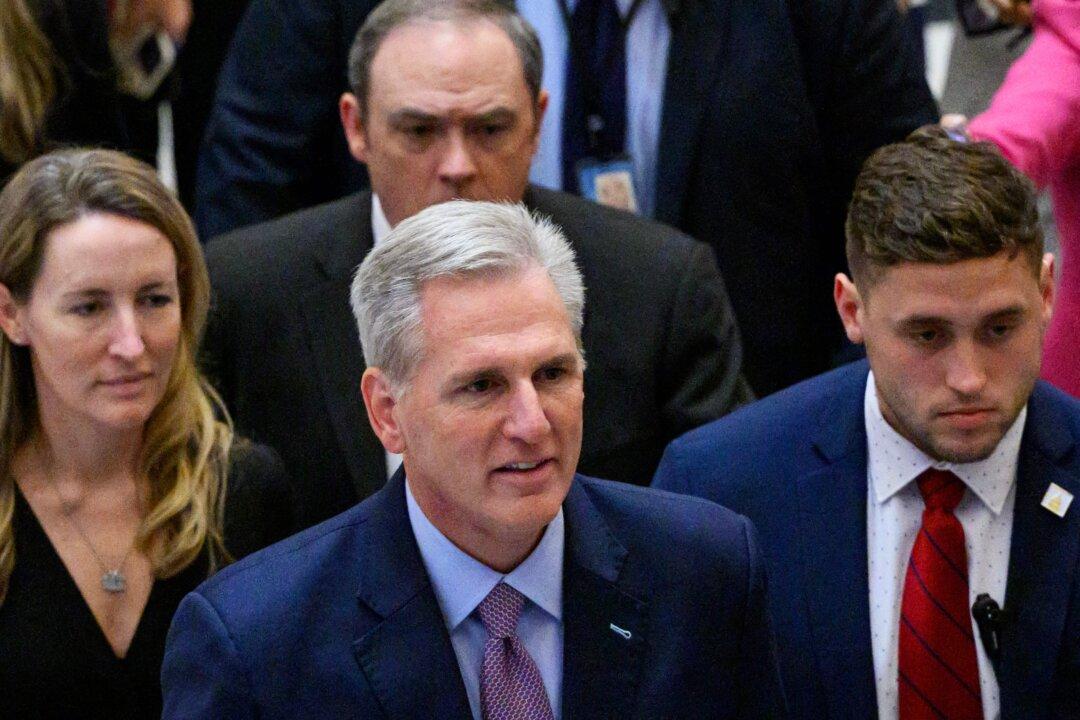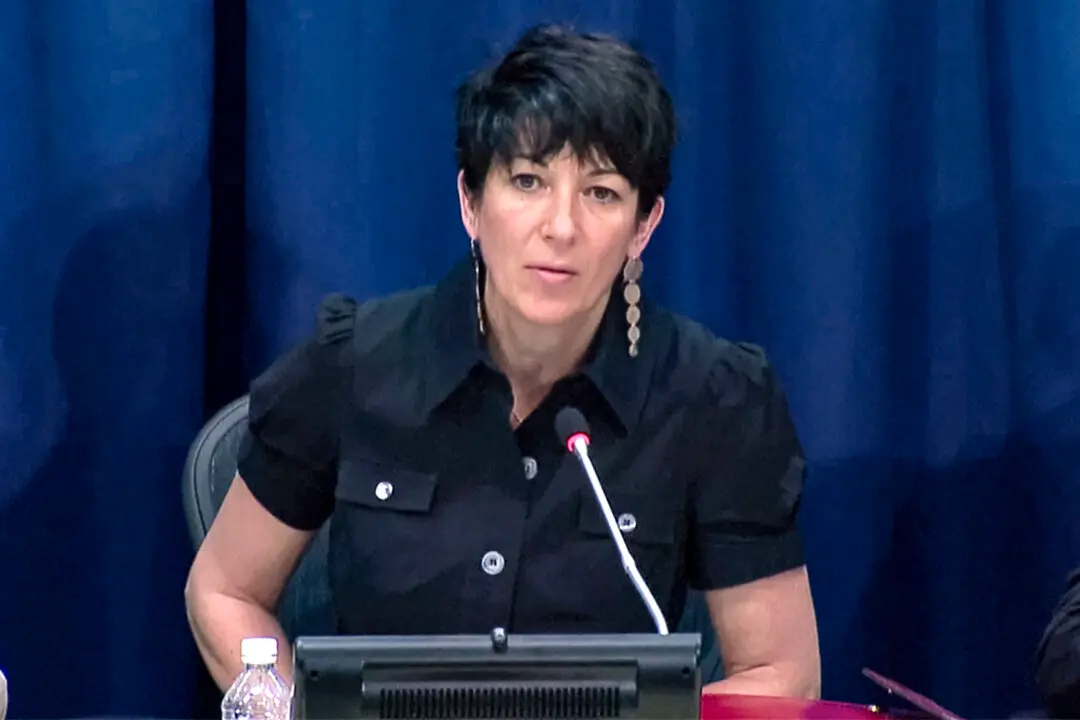The House will have a new speaker after Rep. Kevin McCarthy (R-Calif.) was ousted on Oct. 3, the first time in history the chamber has removed its speaker.
In the evening, Mr. McCarthy informed his conference that he would not run for speaker again, according to Rep. Kevin Hern (R-Okla.), the chairman of the Republican Study Committee.




